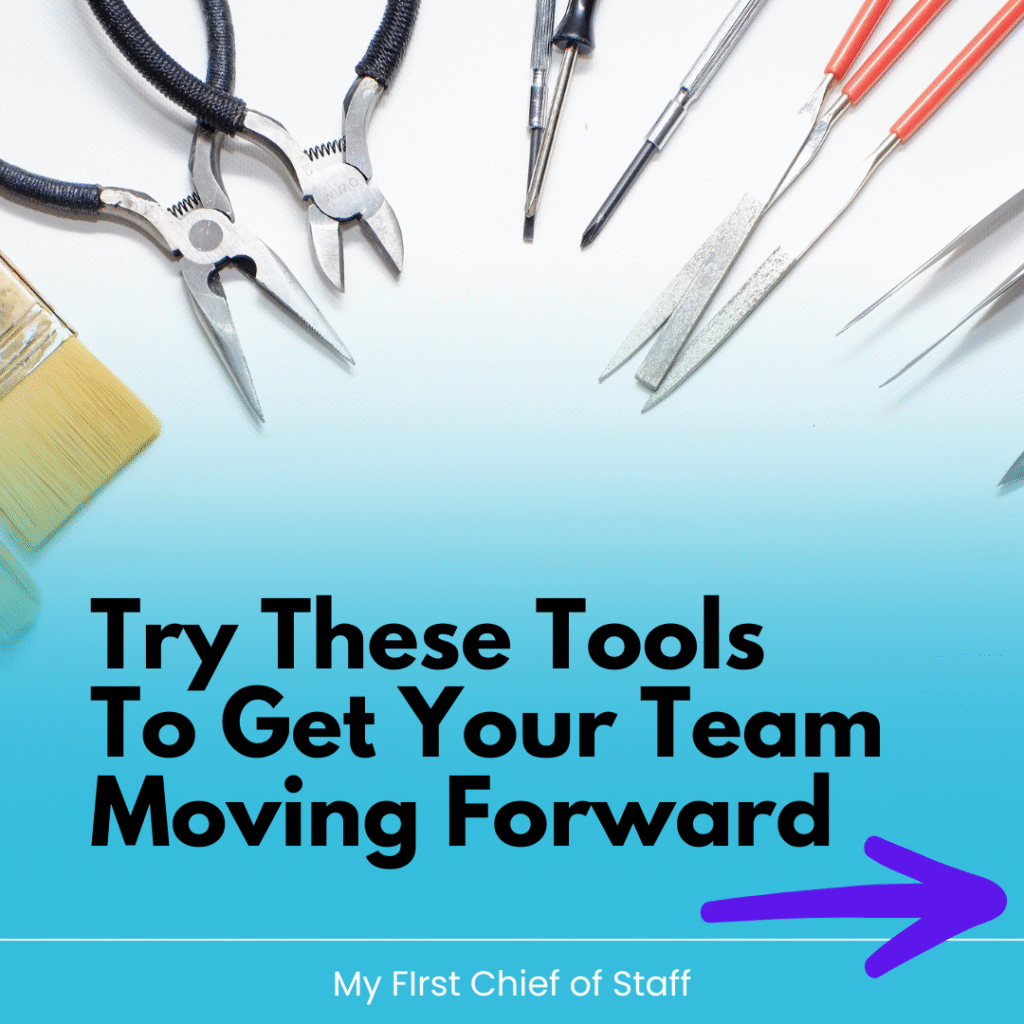We hear it all the time: “Leaders should delegate more.” Or “Great leaders empower their people.”
But too often, those terms get lumped together—when in reality, they’re very different leadership moves.
Let’s start with the definitions:
- Delegate — to entrust a task or responsibility to another person, typically someone less senior.
- Empower — to give someone the authority or power to do something.
On the surface, they might seem interchangeable. But the difference is subtle—and important.
Delegation: Giving Tasks
Delegation is about assigning work. It sounds like this:
“Please send the agenda by Friday.”
“Pull the Q2 numbers and have them ready for my review.”
“Draft the slide deck for the next board meeting.”
You’re still in the driver’s seat—you’re just handing off the gas pedal.
There’s nothing wrong with that. Delegation is essential. It saves time, builds skills, and keeps the engine running. But if you stop here, you’re still the bottleneck.
Empowerment: Giving Ownership
Empowerment is about transferring decision-making.
It sounds more like:
“You’re in charge of redesigning our quarterly review process—let me know what support you need.”
“I’d like you to lead the prep for our next board meeting and shape the narrative.”
“You own this outcome—what’s your plan?”
Here, you’re not just assigning tasks. You’re creating the conditions for someone else to lead—making the judgment calls, navigating the trade-offs, and being accountable for results.
How to Know Which One You’re Doing
A simple test:
- Are you telling them what to do and how to do it? → Delegation.
- Are you letting them decide the what and how, and simply aligning on the why? → Empowerment.
When to Delegate vs. Empower
✅ Delegate when:
- The task is routine or urgent
- The person is still learning
- You need to move quickly and minimize risk
✅ Empower when:
- The outcome matters more than how it’s done
- The person has the skills (or needs the stretch!)
- You want to build capacity and trust
🧠 Chiefs of Staff:
This distinction is critical. You’re often the one who receives delegation from your exec—and the one who must empower others on their behalf. Pay attention to how tasks flow through you. Are you accidentally becoming a middle-manager for decisions you don’t need to own?
Instead, try these two shifts:
- When something lands on your plate, ask: “Is this something I should be doing—or something I can empower someone else to run with?”
- When working with team leads, ask: “What would it look like for you to take full ownership here?” Then coach them through the mindset and structure they’ll need.
Bottom Line
Delegation helps you get things done. Empowerment helps you scale.
Both are necessary. But only one builds leaders.
Ready to grow your impact? Start handing over not just the tasks, but the power.



